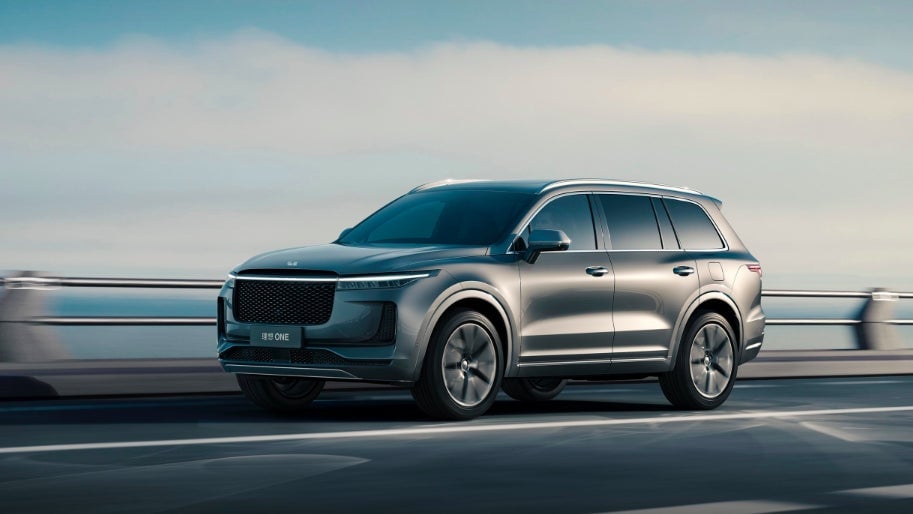A Chinese food delivery billionaire is betting on a hybrid startup at a very tricky time
Nearly every Chinese tech giant invested in electric car startups when the industry was thriving. Now the head of a Chinese food delivery giant is making a big bet on one just as a shakeout is coming.


Nearly every Chinese tech giant invested in electric car startups when the industry was thriving. Now the head of a Chinese food delivery giant is making a big bet on one just as a shakeout is coming.
Meituan Dianping’s founder Wang Xing is leading an investment round of up to $500 million in hybrid electric car maker CHJ Automotive, a blog (link in Chinese) under financial news outlet Caijing, reported yesterday (June 17). The 40-year-old Wang, whose platform reaches 400 million people in China, could invest as much as $285 million.
According to the report, the investment would give Wang a 10% stake in CHJ, the biggest share after Li Xiang, the chief executive officer who owns 30% of the company he co-founded in 2015. Meituan declined to comment, while CHJ didn’t respond to a request for comment.
The funding round would value the firm at close to $2.9 billion, up from $2.5 billion, the blog reported. The world’s most valuable startup, Bytedance, owner of the TikTok app, also has plans to invest, the company confirmed.
Wang’s investment comes at a time when analysts expect many of the hundreds of EV startups in China to fall by the wayside. Even those EV startups that have been relatively successful, at least in terms of delivering their cars to buyers as planned, are letting go of workers and reconfiguring their strategies. Electric car sales, which had continued to experience double and triple-digit growth as monthly auto sales began declining last year, slowed in May to 2% from a year earlier. Meanwhile government subsidies to EV car makers are reducing by half this month.
Still, there’s some logic to the investment, given Meituan’s business is heavily reliant on transport. The company recently launched a ride-hailing service, and last year also acquired China’s top bike-sharing company Mobike for $2.7 billion. Wang said on the company’s May earnings call, when it reported nearly $280 million in revenues for the first quarter of 2019, that the bike-sharing business will help the company “expand our user base and enhance user stickiness and frequency and bring cross-selling opportunities based on location data.” The addition of Mobike has dragged down its profit margins in the short term, however.
Meituan’s investment arm Longzhu Capital will also put in $1.5 million in CHJ. These moves may help Meituan diversify as China’s smartphone sales (paywall) slow, potentially impacting the company’s business.
Of course, CHJ would have to start delivering cars first.
The Beijing-based car maker is working on a hybrid six-to-seven-seater luxury SUV named after its founder Li Xiang, a homophone of “ideal” in Chinese. The Leading Ideal One SUV made its debut during the Shanghai auto show in April. The model has a combustion engine that charges the electric motor, allowing the car to travel up to 800 kilometers (500 miles), almost double the range of pure electric or plug-in hybrids in China. The Ideal One starts at 328,000 yuan ($47,000), directly competing with Tesla’s made-in-China Model 3 of the same price.
CHJ expects to deliver its first cars in the last quarter this year, and to have delivered 50,000 units by around this time next year. It’s unclear (link in Chinese) how many orders CHJ has so far.
Looking for more in-depth coverage? Sign up to become a member and read more in-depth coverage of China’s electric-car boom in our field guide.